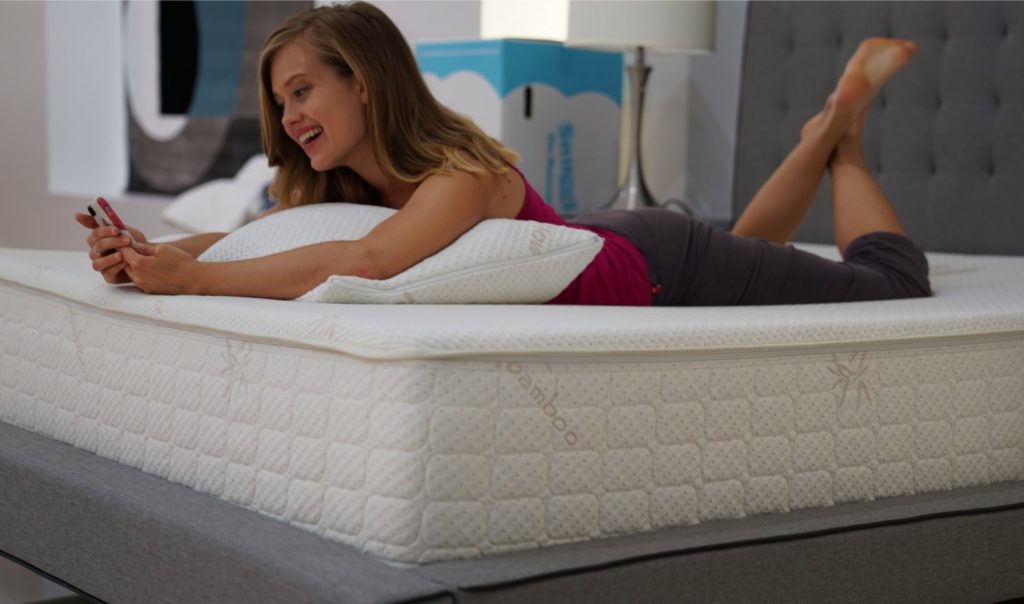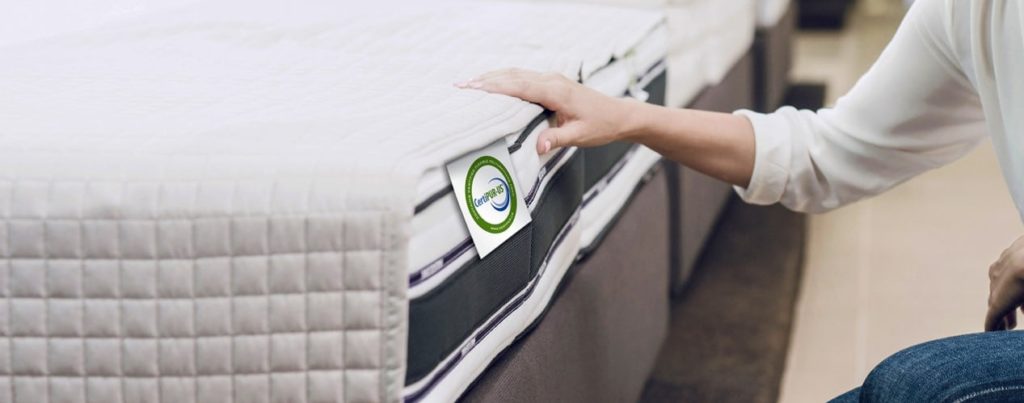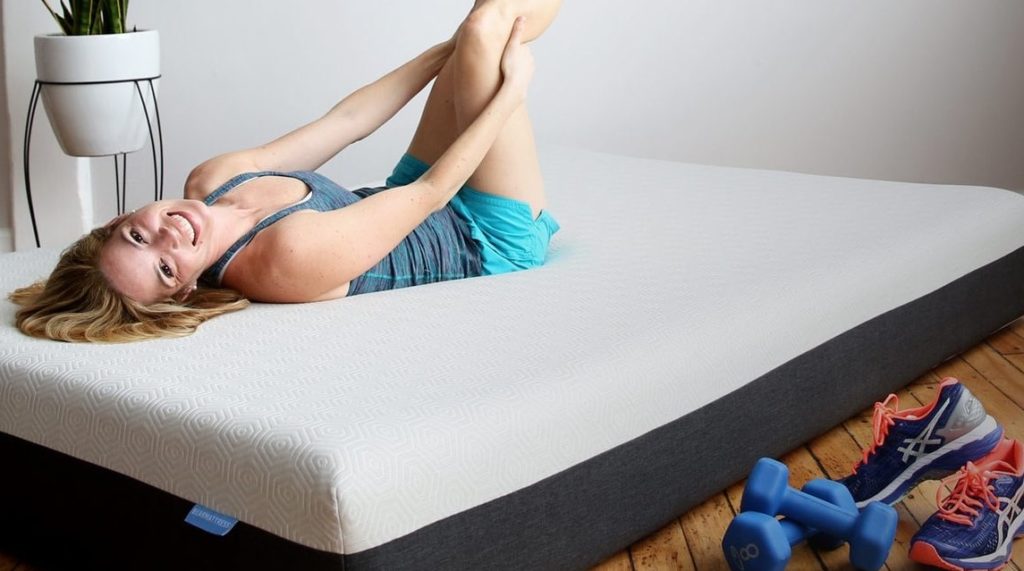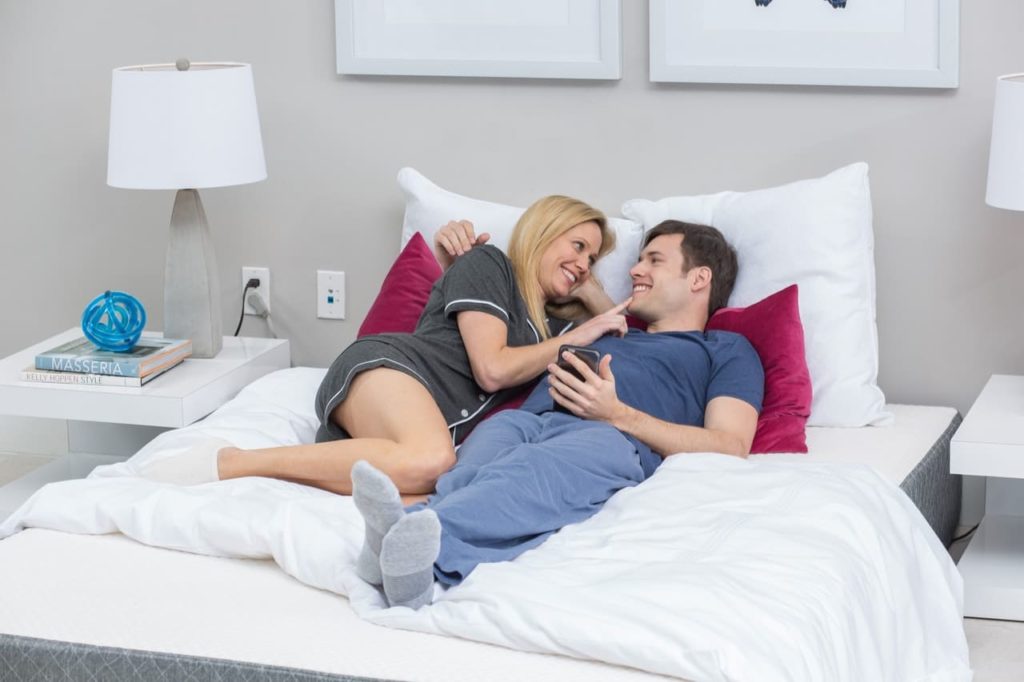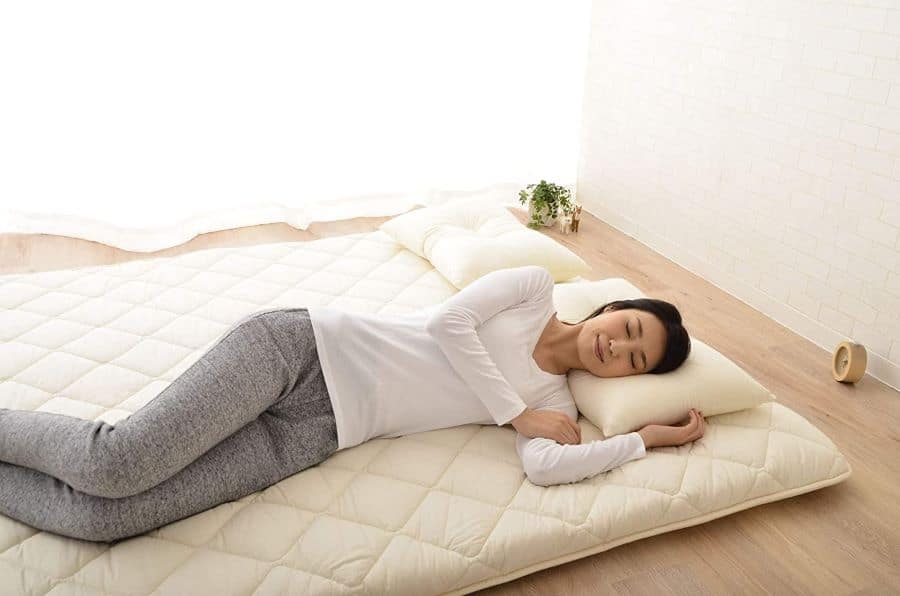

Mattress shopping can put you in a bind because there is so much to consider. Things like brand, types of mattresses to pick, cost, and warranties are fairly typical considerations. However, one thing that may have you confused is whether to pick a firm or soft mattress? The question of why do mattresses have firmness ratings may even come up.
It’s clear that it’s a pretty big deal; otherwise, manufacturers wouldn’t be so keen on it. As a shopper, you might not know the pros and cons of the two extremes, but we can help you out. Just keep reading to find out. After that, shopping for that bed may make a lot more sense. Also, some of you may already have a personal favorite out of the two. However, comparing both firm and soft mattresses side by side gives you a more objective conclusion on which one is better.
Often whether a mattress is rated soft, hard, or medium-firm is dependent on the construction. Also, it’s important to note that mattress firmness is given on a 1-10 scale. 1 is considered to be the softest, while the opposite end of the spectrum is the hardest. That said, a 1 or 10 rating is impossible to find. Between 2 and 9 is the category that most beds fall into.
Also, despite manufacturers giving their own firmness rating, ultimately, the feel of whether it is soft or firm is subjective and depends on the person sleeping on the bed. For instance, a lighter individual might feel that an innerspring mattress is firm since it doesn’t conform to his body. Put a heavier set person on the same mattress, and the bed is sure to compress under the hips, shoulders and other areas of their body and hence may be softer to them.
Below we look into how being an innerspring, foam or hybrid mattress affects the soft or firm mattress rating.
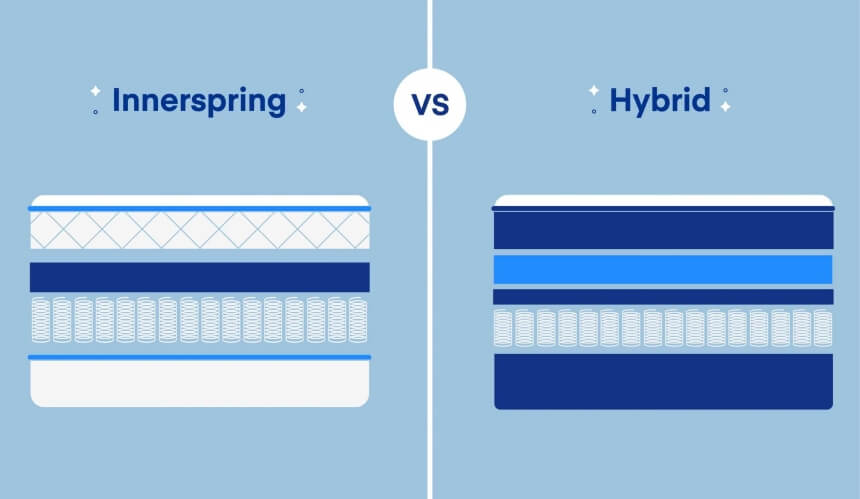
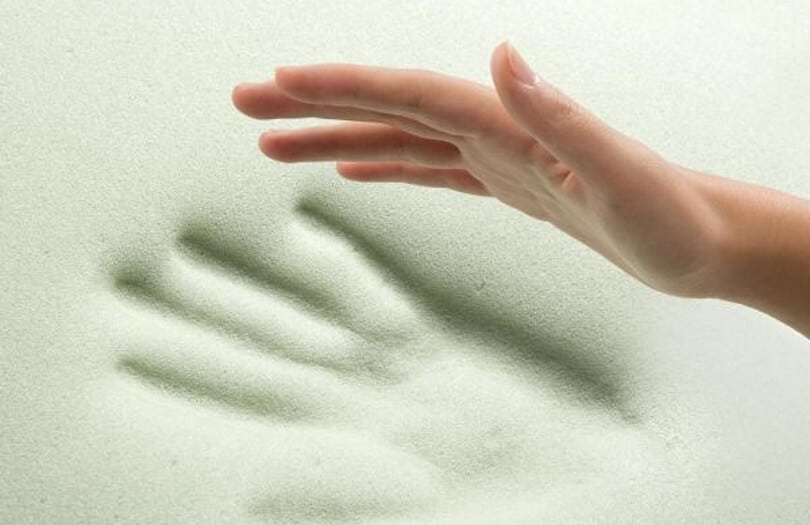
The same is the case if you have adaptive foam or air foam in your bed. That said, these two are not as commonly used as memory foam. You, however, shouldn’t classify a bed as soft just because you see a memory or adaptive foam layer in its construction. Some of these have very small memory foam layers compared to the support foam layers beneath them. As such, they may feel firmer. This will again depend on the bodyweight of the person sleeping on the bed.
Also, owing to recent advances in memory foam mattress technologies, the beds are also now available in firm and extra firm variations as well. The manufacturer just needs to make the memory foam layer denser to achieve this.
Latex foam is another component that is used in mattresses. In contrast to memory, adaptive and air foam, latex is often firm from the get-go and thus provides more support to sleepers.
Hybrid mattresses contain a firmer layer of spring components supporting various layers of foam. Consequently, the firmness rating provided will be heavily dependent on the type of foam layers used. For instance, if latex foam was the main layer above the coils, it’s more than likely the result will be a firm mattress. Alternatively, if a soft memory foam layer is used, then the firmness rating will be lower.
According to users and reviewers, the WinkBed is an excellent firm hybrid mattress that uses dense gel-infused foam as its top layer. Also, buyers who aren’t certain about getting a firm mattress are in luck since the 120-night trial allows them to test it out.
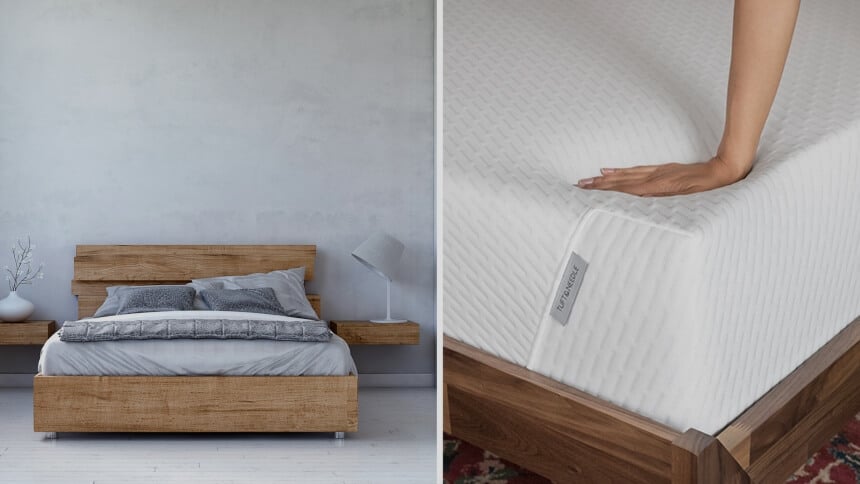
Your body composition includes some heavier and lighter parts. For example, the areas around your hips and shoulders are the heaviest. As such, a softer mattress tends to sink more around these body parts as compared to the area around your legs.
Depending on your sleeping orientation and your overall body weight, the softness of the mattress could be a good or bad thing. Often it works best for lightweight side sleepers. The hips and shoulder areas will sink into the mattress the most, while the section around your stomach area doesn’t sink as much.
This props up your spine to keep it in alignment. The same is the case for lightweight back sleepers. The areas around the shoulders and buttocks sink while your back is propped up perfectly. However, if a heavier sleeper were to try such a bed, it might not provide enough support for their back. Stomach sleepers are even worse off since the sinking of the mattress might arch their back, which can result in long-lasting damage.
Sinking into the mattress might feel good for some sleepers, but others feel it is constricting. This is because it limits their range of motion, making it hard to switch positions in their sleep. For those in pain, however, the pressure relief and limited motion in their joints should be a positive.
Additionally, sinking in the mattress limits air circulation in the area around your body as you sleep. This is one reason why people who sleep on soft foam mattresses complain of sleeping hot.
Pros
Cons
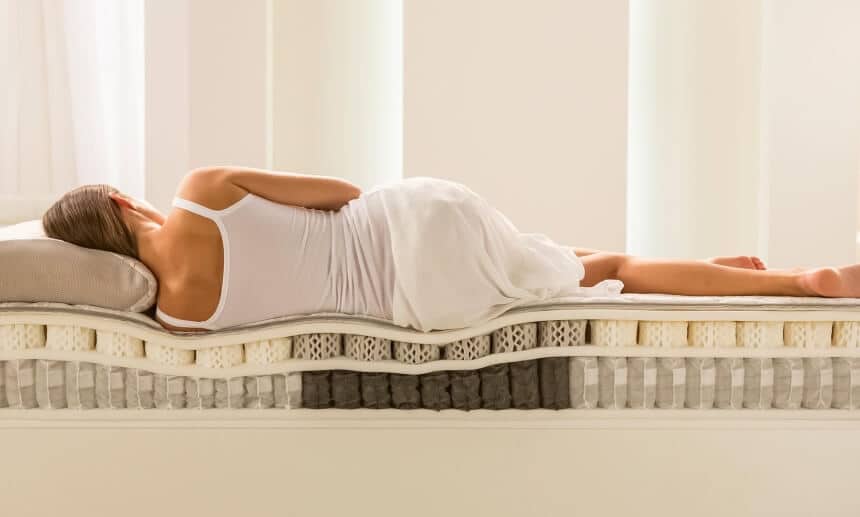
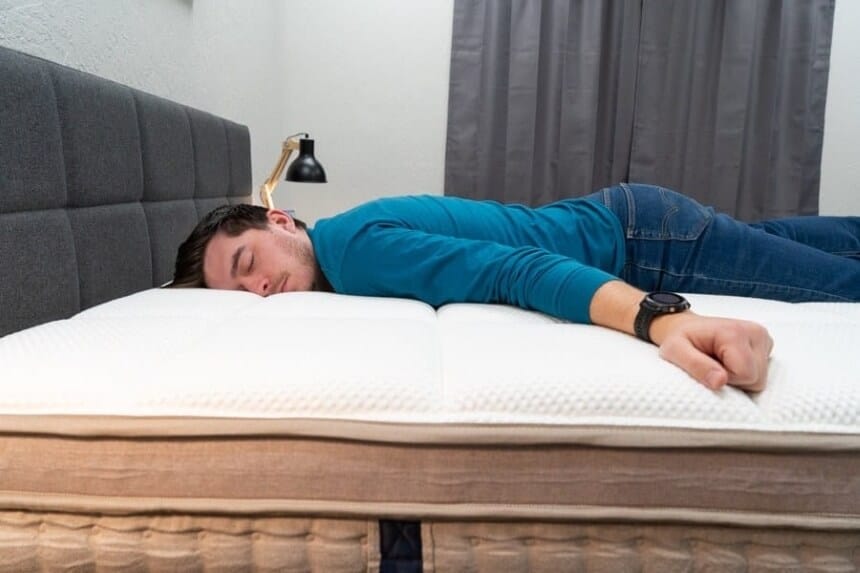
However, there are positives to firm mattresses as well. One example is that movement and switching positions are so much easier. Additionally, the fact that you end up sleeping “on top of the mattress” is great news for stomach sleepers. By avoiding sinkage, you also avoid putting your spine in an uncomfortable position that could cause long-lasting damage.
Also, firm mattresses tend to regulate temperature much better than their softer counterparts. Since they don’t sink or cradle your body, there is better airflow in the sheets, and you don’t need to worry about breaking into a cold sweat at night.
Notably, a firm mattress will still sink if you put enough weight on it. Consequently, heavier set individuals can still get the mattress to sink enough in the high-pressure areas of their body. As such, they tend to be more comfortable with firm beds as compared to their softer counterparts.
Pros
Cons
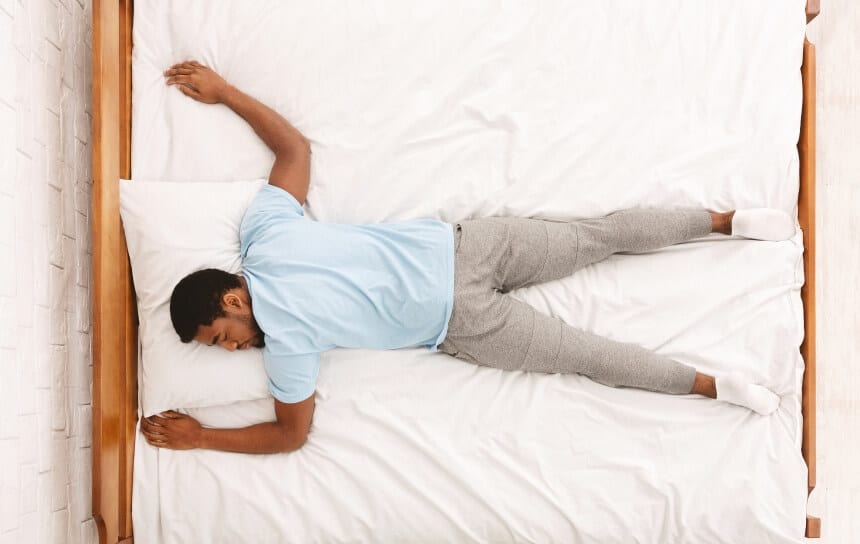
Despite the manufacturers giving their own ratings on the mattresses, softness or firmness is subjective. This means that even if you’re deciding on a firm or soft mattress for lower back pain or as a stomach sleeper, the decision should be personal. What may seem firm to a person weighing 130 lbs may seem like the opposite if you’re over 200 lbs. Also, deciding what you prefer out of these two options may have to wait until you’ve tested both of them out.
Innovation in the bedding industry also means that you may be in luck since you can now get to feel both a firm and soft mattress in one. The Layla Memory Foam Mattress does come highly recommended by reviewers and experts as both a firm/soft mattress, and you can experience both by flipping the bed. Also, it incorporates copper gel to offset the heat retention drawback of softer mattresses.
Firm and soft types of mattresses are both great options to have since you get to decide which works best for you. Also, today more and more manufacturers tend to offer sleep trials, and if you don’t like what you get, you can opt for an alternative.
